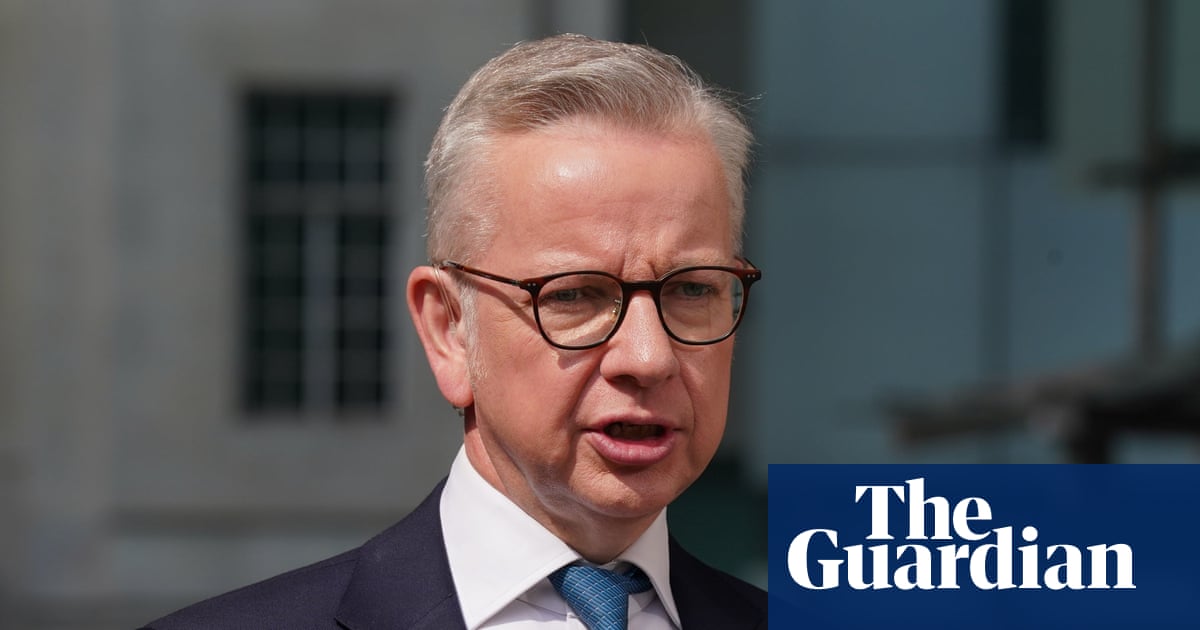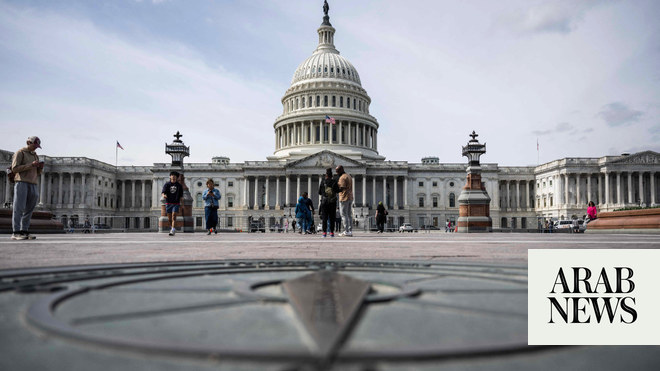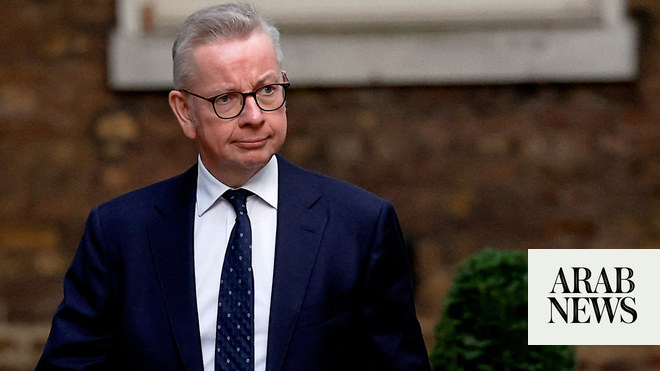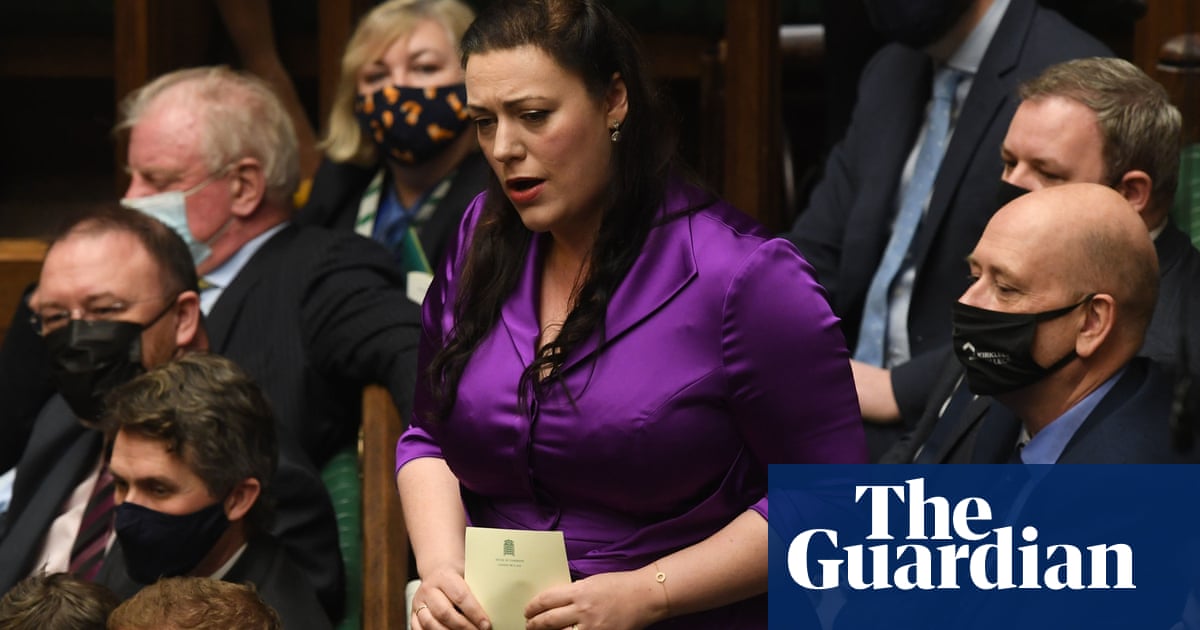
Michael Gove will bring his bill banning British public bodies from boycotting Israel next week in a move that some Conservatives say could exacerbate British community tensions in the midst of the Israel-Hamas war.
The communities secretary will bring the bill back in front of MPs on Wednesday, allowing them a chance to amend it before the government tries to push it through after the king’s speech next month. It is designed to stop councils and other public authorities conducting boycott, divestment and sanctions campaigns against other countries, and in particular Israel.
The government has criticised two Labour-led councils for boycotting Israel and some in the Conservative party hoped the bill would divide the Labour party. However, several senior Tories have also spoken out against it and are warning that it could inflame tensions between Jewish and Muslim communities already heightened by war in the Middle East.
The Conservative MP Crispin Blunt, the co-director of the International Centre of Justice for Palestinians, said: “This bill, as an example of exceptionalism for the state of Israel, is hard to beat. It also bakes impunity into our wider relationship and is disastrous for British influence and the ability to restrain our allies in the ghastly circumstances around Gaza.”
He added: “It is all too obvious. The effect of this bill on community relations will in reality be utterly toxic. It is completely irrational to continue with this bill now.”
Another Tory MP called the decision to press ahead with the bill “fucking madness”. “I’m worried there will actually be violence on the streets if we go ahead,” the person said.
A government spokesperson said: “This bill will tackle the real risk to community cohesion posed by public institutions using taxpayer money to pursue their own foreign policy agenda and will ensure the UK speaks with one voice internationally.
“We will continue to engage with and listen to stakeholders, parliamentarians and communities across the UK throughout the passage of the bill.”
Gove, one of parliament’s most pro-Israel MPs, has championed the bill as a way to ensure local councils and other bodies do not take action that is inconsistent with the UK government’s foreign policy.
He said earlier this year: “These [boycott, divestment and sanctions] campaigns not only undermine the UK’s foreign policy but lead to appalling antisemitic rhetoric and abuse. My message to these organisations is to get on with your job and focus on delivering for the public.”
However, Gove is not solely responsible for the bill or its timing, and Downing Street is understood to have been instrumental in deciding to bring it back to the Commons next week.
The government has been criticised for only specifically naming Israel in the bill, as well as referring to the occupied Palestinian territories as if they were indisputably part of Israel.
A handful of Tory MPs rebelled when the bill had its second reading in July, but it passed easily with the support of the Labour party. It has the potential to cause more of a headache this time for the Labour leader, Keir Starmer, who is already under heavy pressure from party members and some MPs to express more solidarity with people in Gaza.
Conservatives who are critical of the bill say they are worried less about splits within parliament and more about the possible impact on community relations in the UK.
This week, the heads of both MI5 and FBI issued an unprecedented joint warning that the Middle East crisis could make a domestic terror attack more likely.
France and Belgium have experienced terrorist attacks in recent days, with two Swedish football fans being shot at a game in Brussels on Monday and a suspected Islamist radical killing a teacher and injuring three others last Friday.
Rishi Sunak, the UK prime minister, was in Israel on Thursday meeting his counterpart, Benjamin Netanyahu. Sunak told him: “We will stand with you in solidarity, we will stand with your people. And we also want you to win.”












